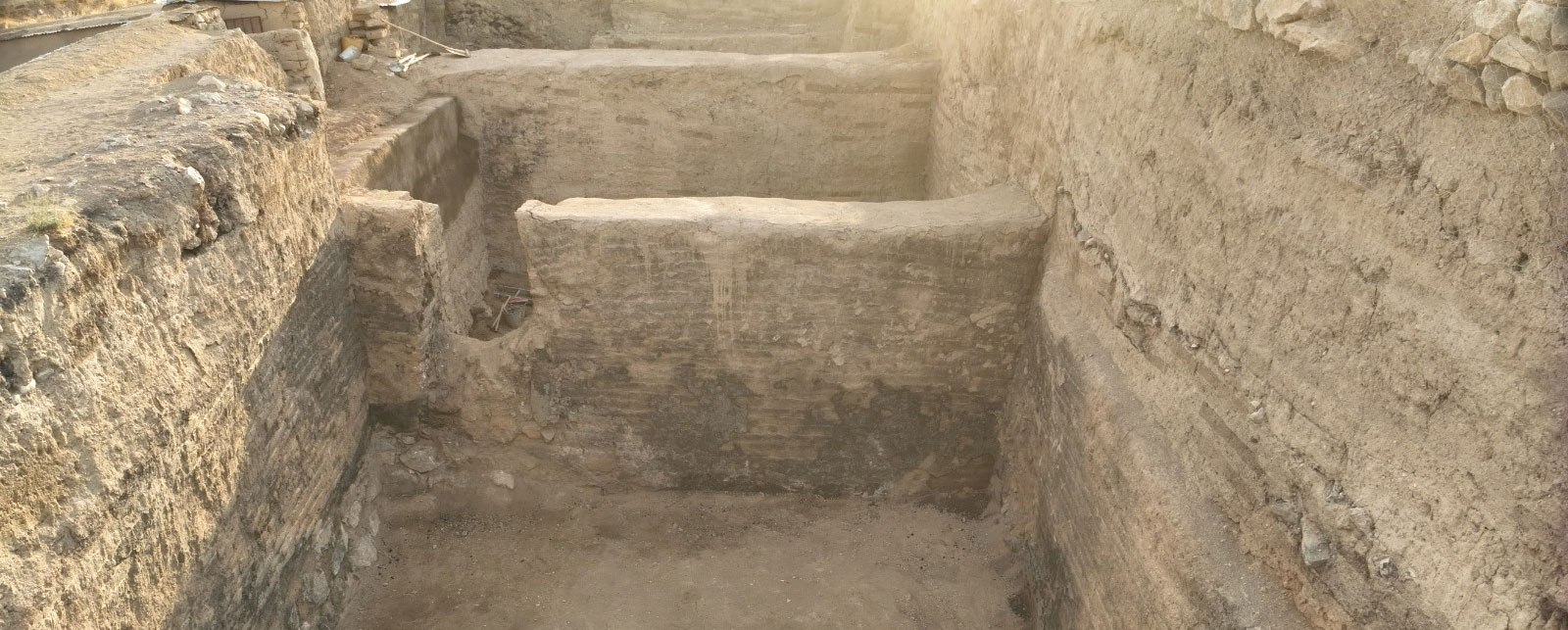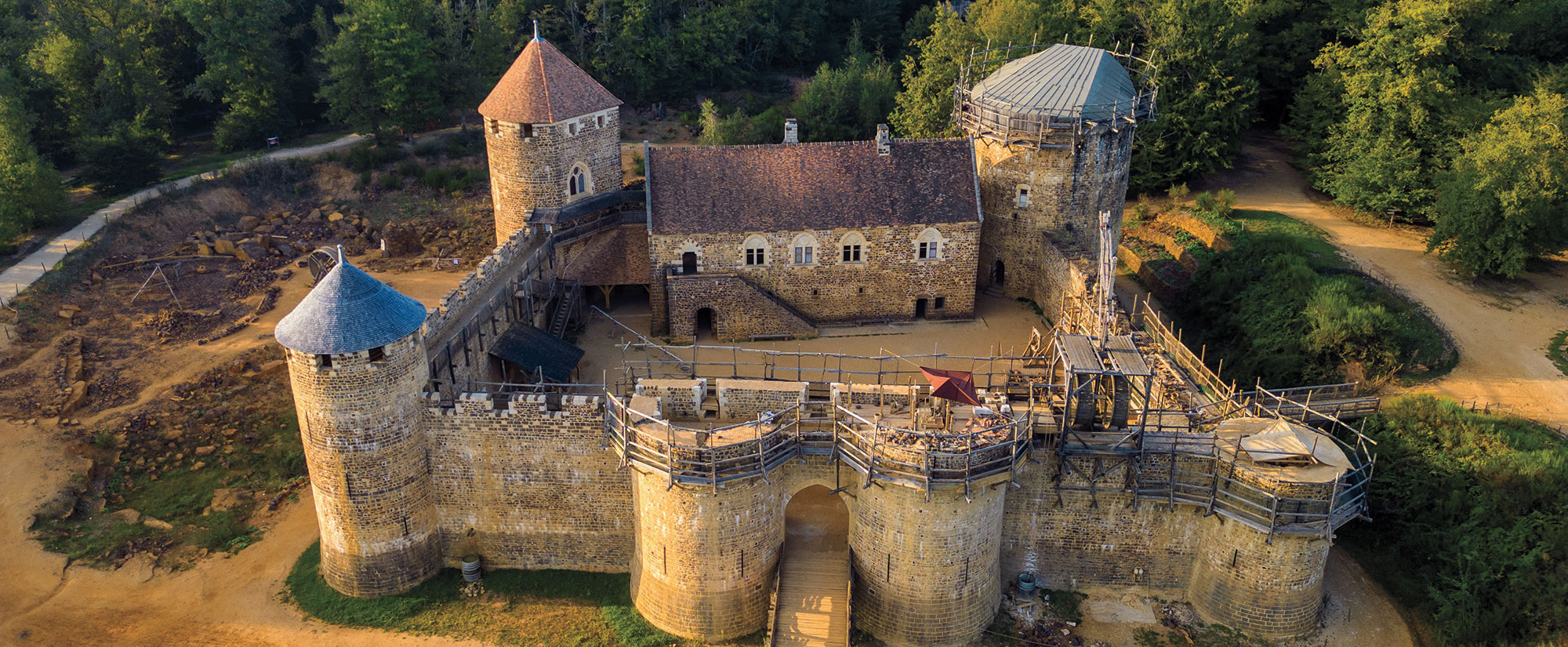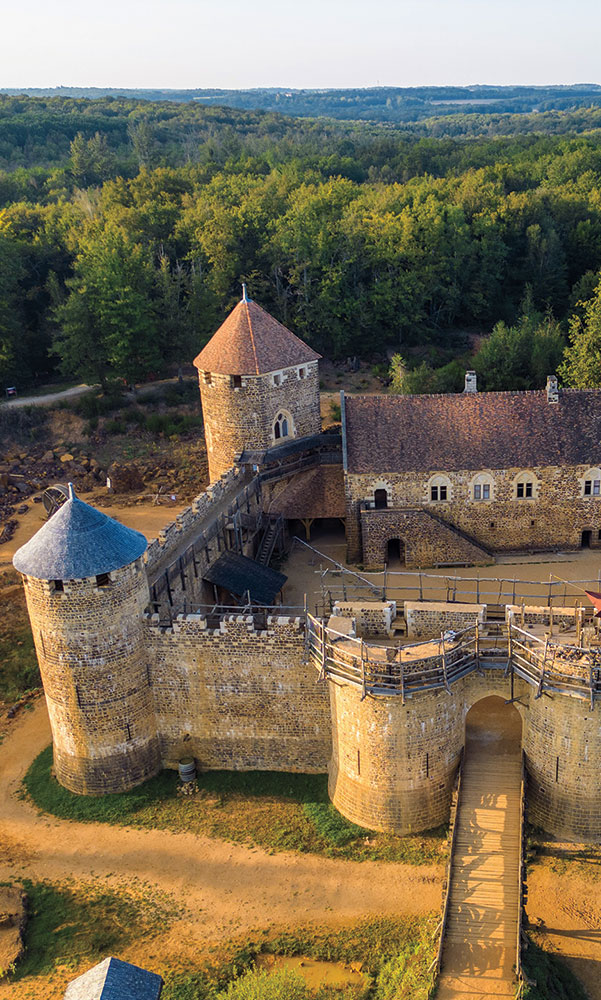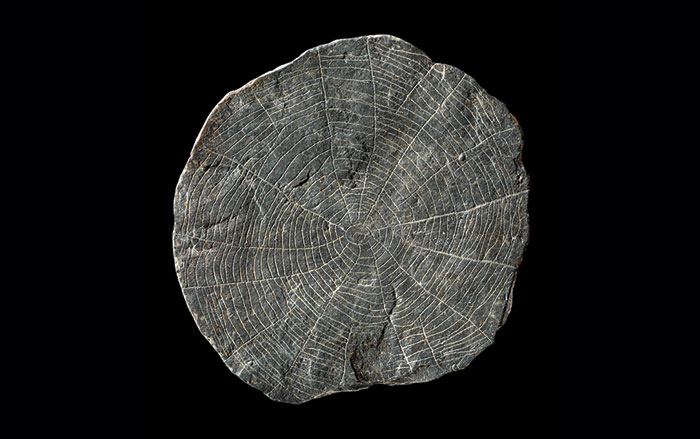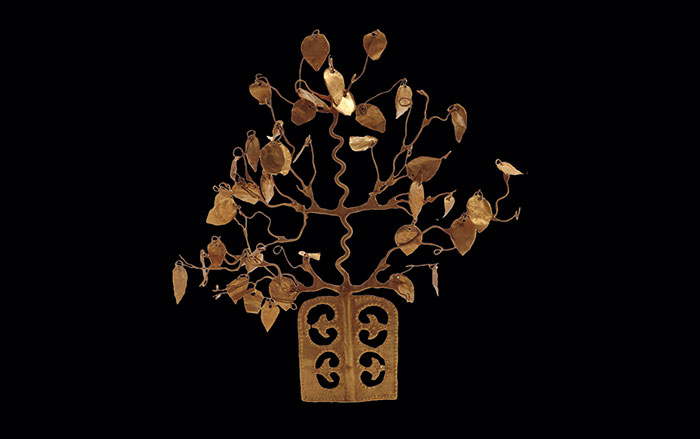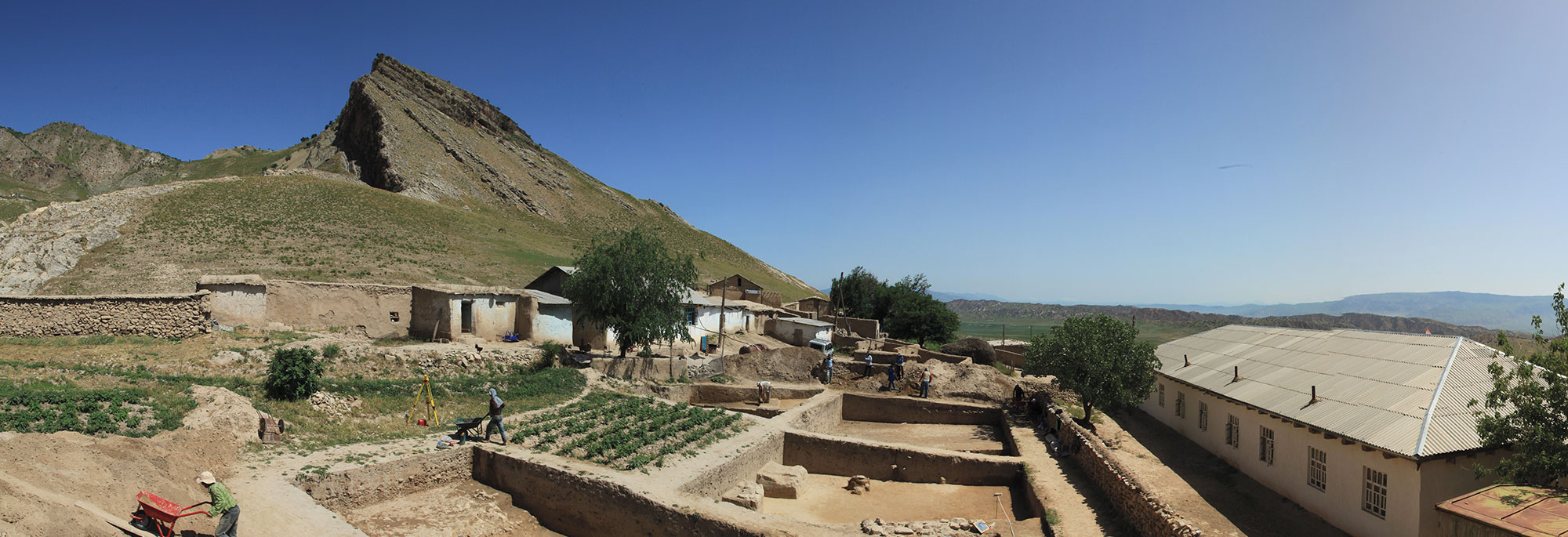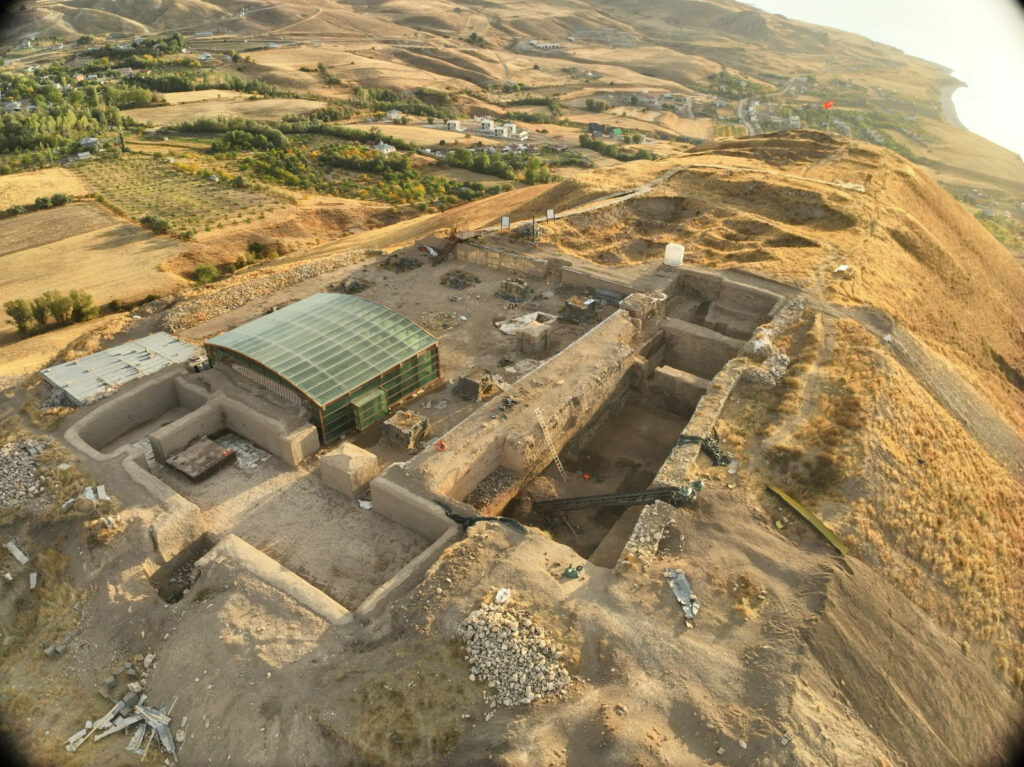
VAN, TURKEY—The kingdom of Urartu, made up of parts of modern-day Turkey, Iran, Iraq, and Armenia, emerged in the ninth century B.C. and declined in the sixth century B.C. Türkiye Today reports that excavations at Garibin Tepe in eastern Turkey, conducted by Mehmet Işıklı of Ataturk University, have unearthed massive Urartian-era walls in an area where lion sculptures were discovered last year. To the north, they also uncovered Urartian mudbrick architecture, wall paintings, and large earthenware jars. Işıklı notes that Ayanis Castle, an Urartian fortress overlooking Lake Van, is located just two miles away and can be seen from Garibin Tepe. He thinks that the structures may have been terrace walls to support a monumental religious or royal space, or another fortification. “We don’t know why two settlement areas were built this close to Ayanis Castle,” he said. “This place still maintains its mystery.” To read about another discovery from Van Province, go to "Around the World: Turkey."


